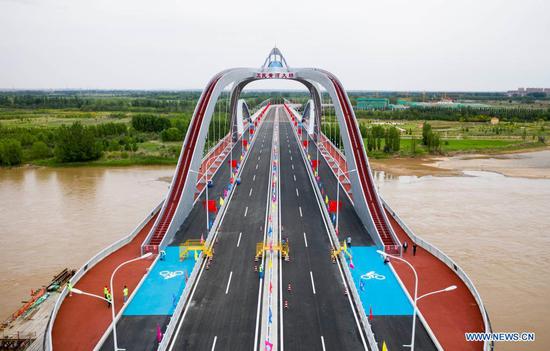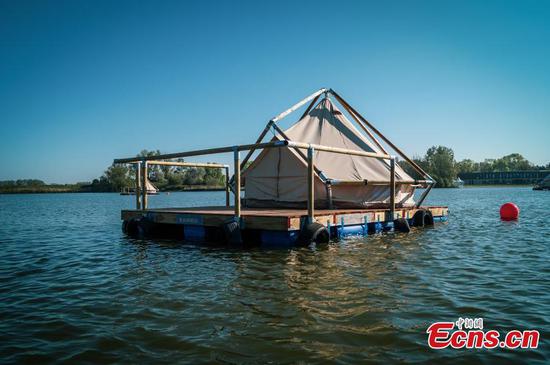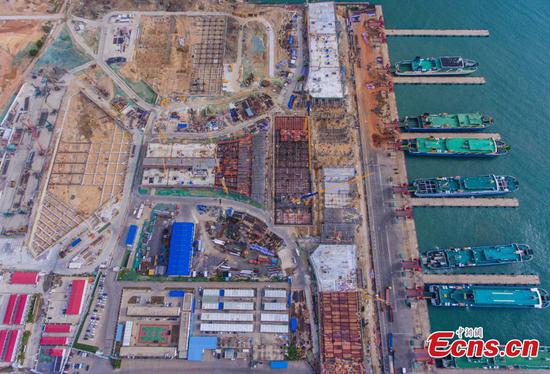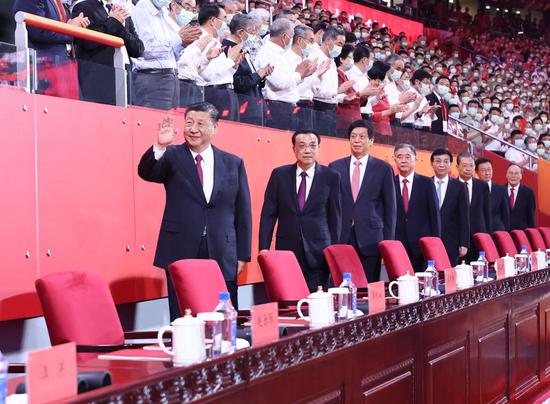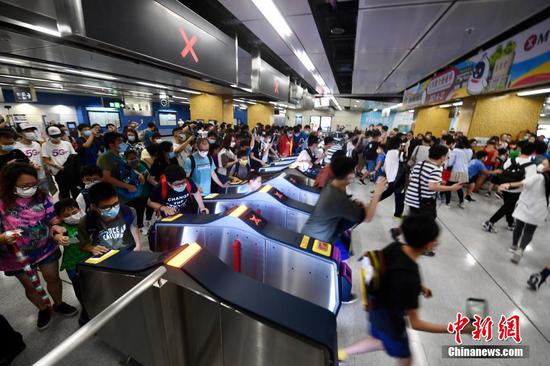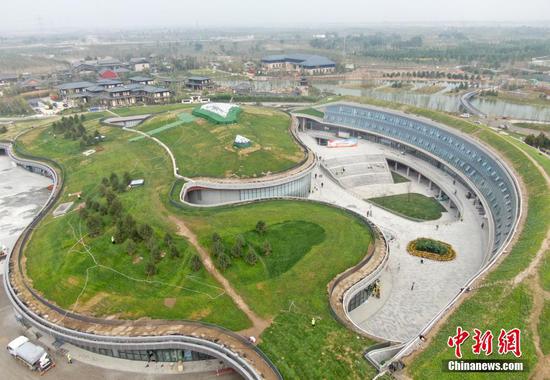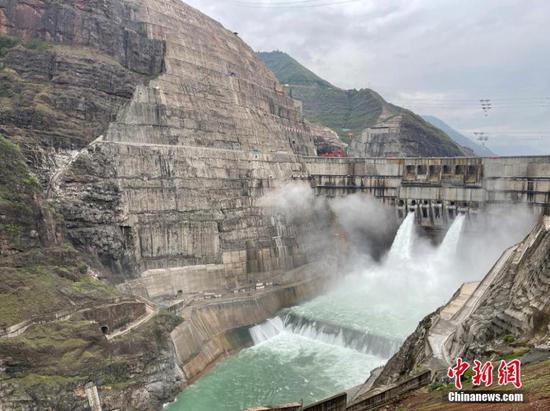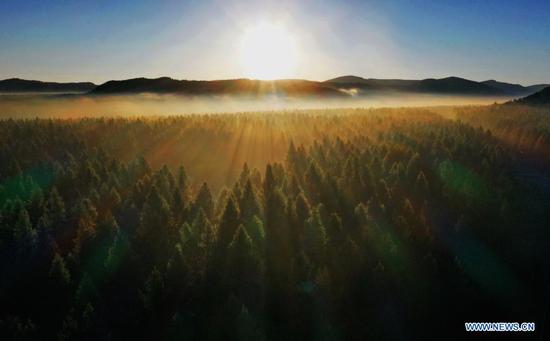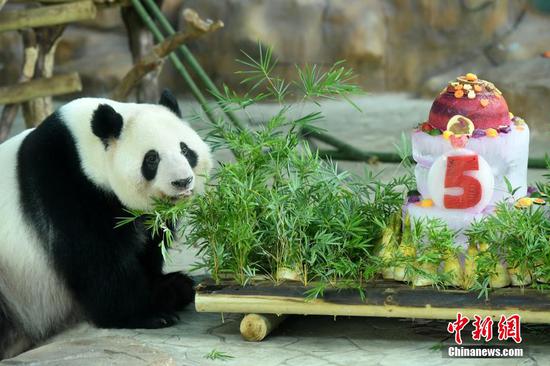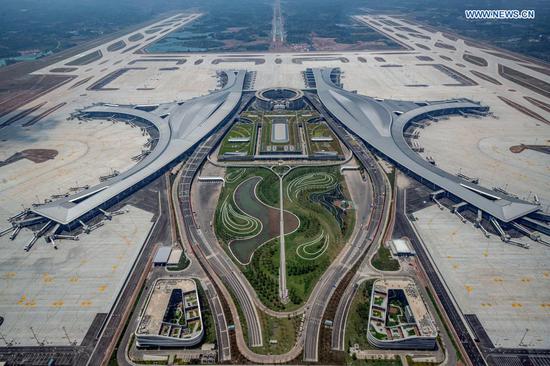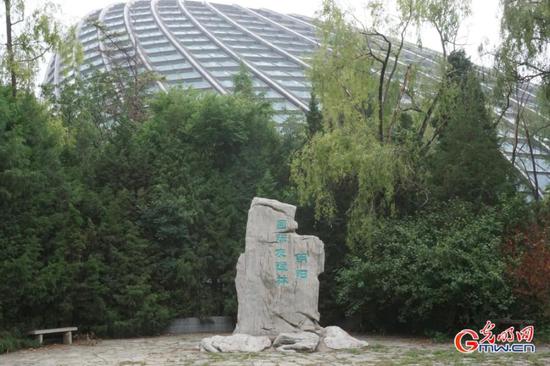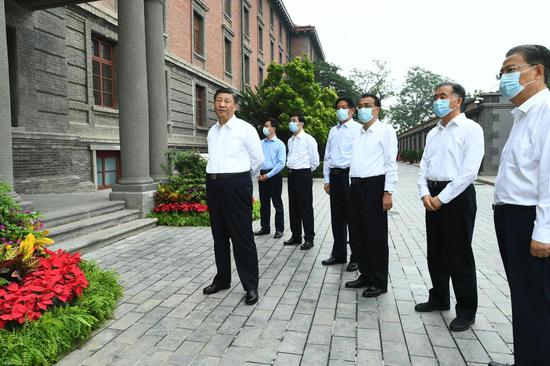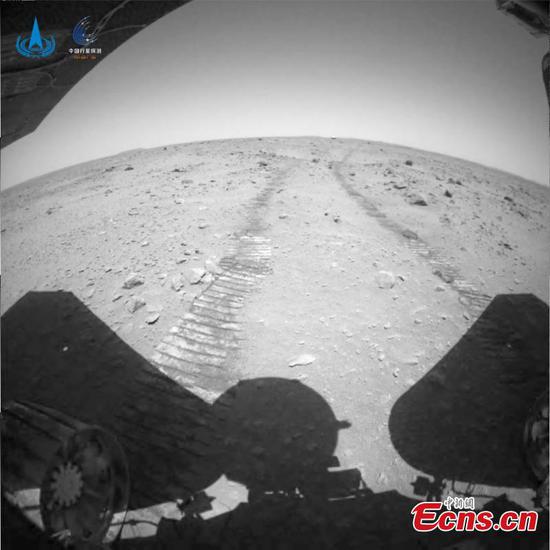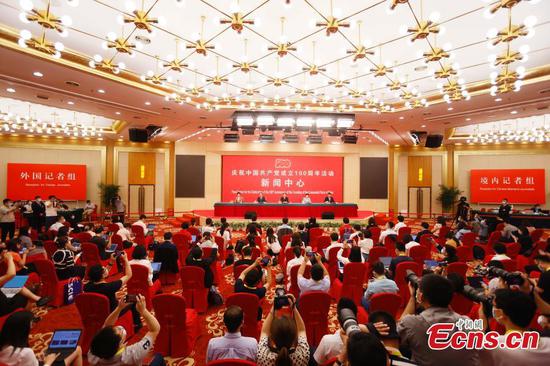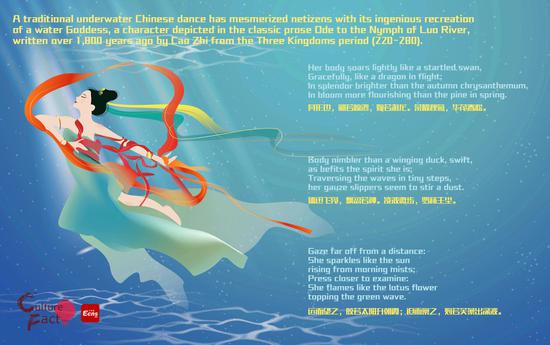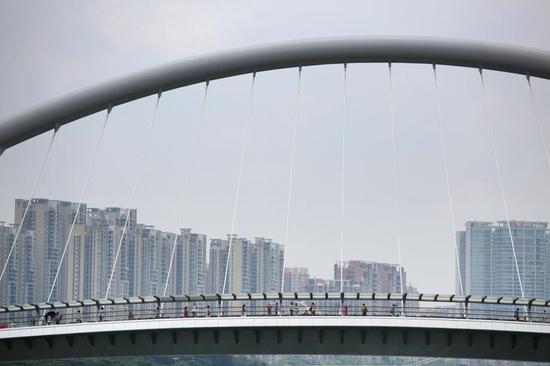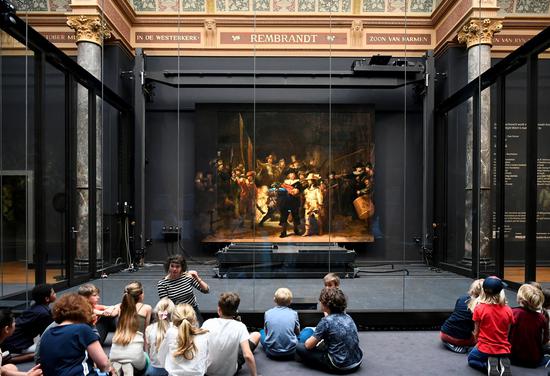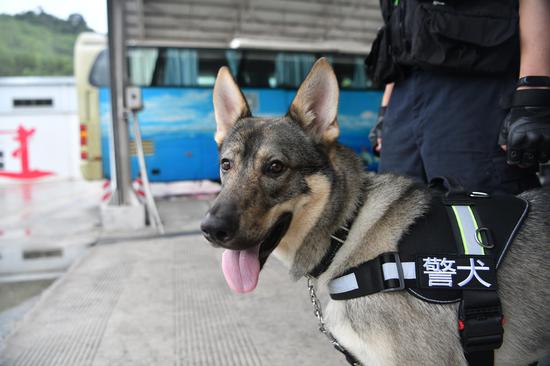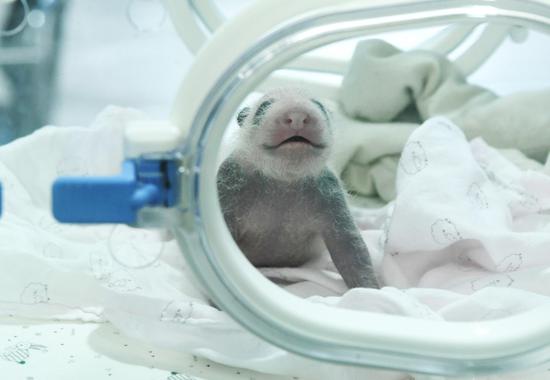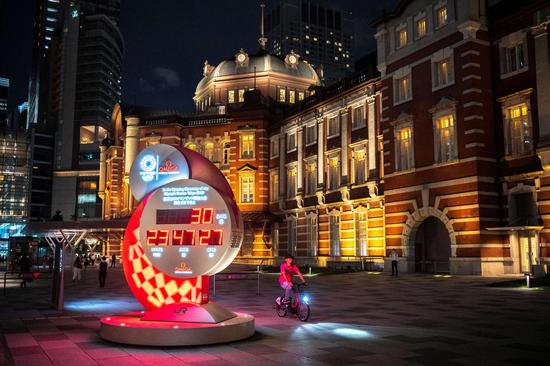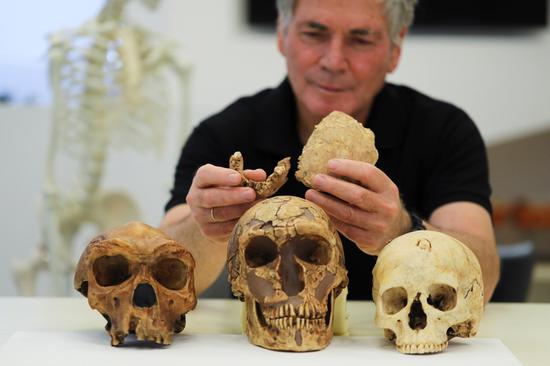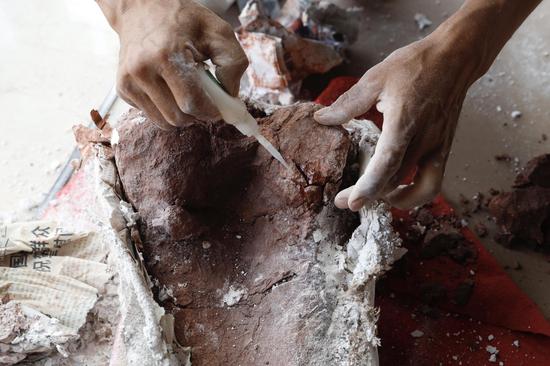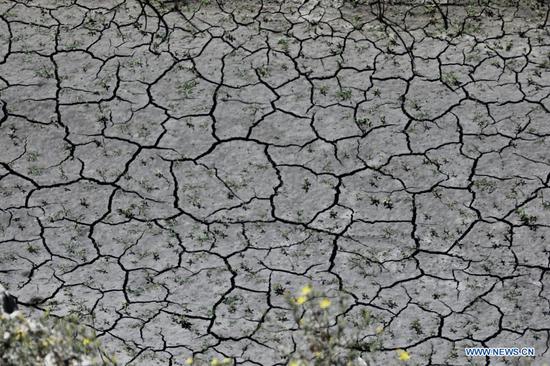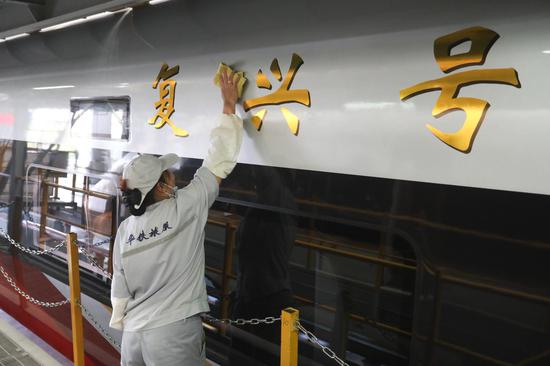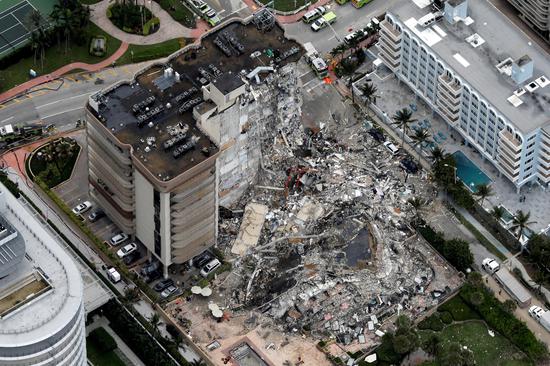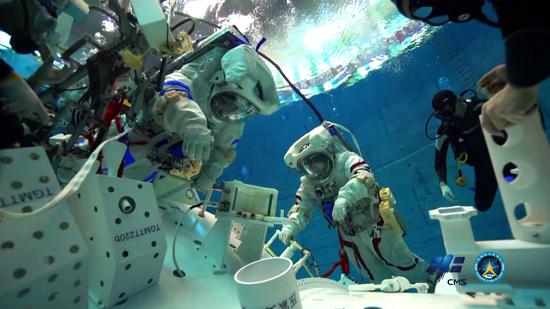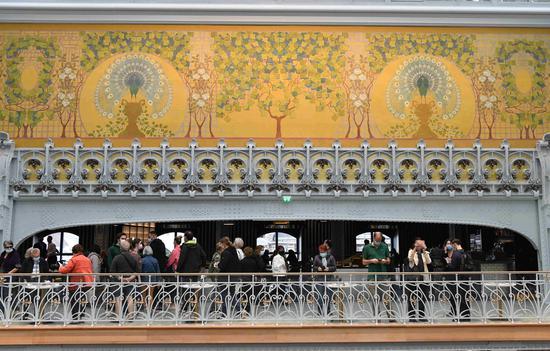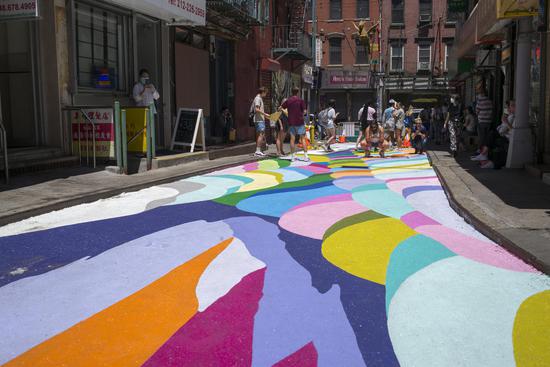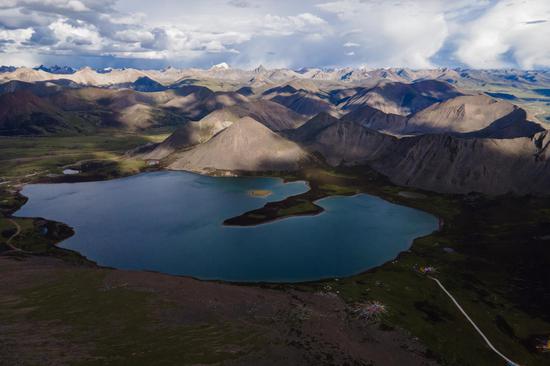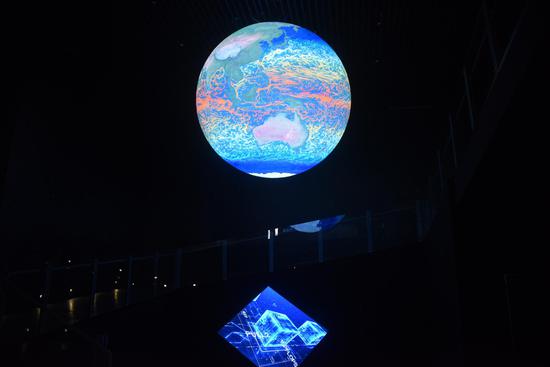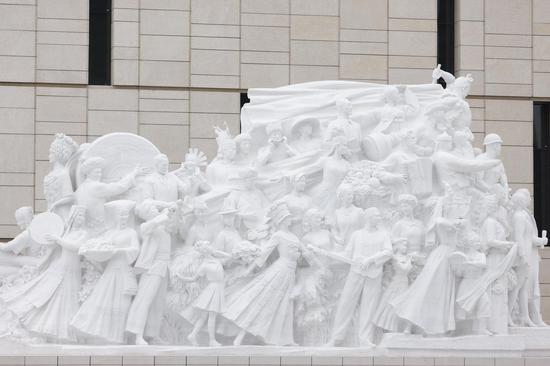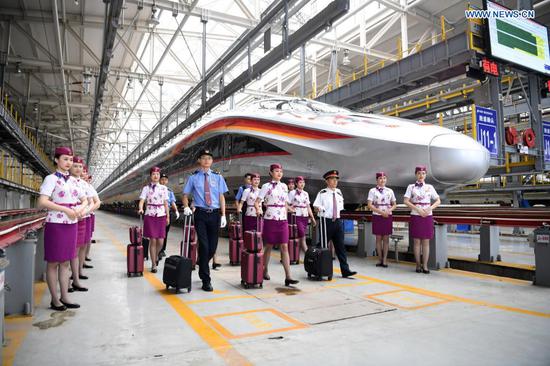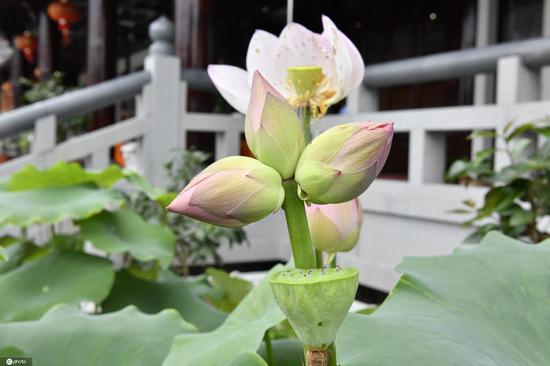Virologist Danielle Anderson, the last and only foreign scientist who was in the Wuhan Institute of Virology's BSL-4 Lab until November 2019, a couple of months before the COVID-19 outbreak, spoke out for the first time since the pandemic and said she believes the novel coronavirus "was a natural acquired infection at some point somewhere".
In what appeared to be an exclusive interview with Bloomberg, Anderson talked about her experience in the Wuhan Institute of Virology and said that half-truths and distorted information have obscured an accurate accounting of the lab's functions and activities.
Anderson is one of a dozen experts appointed to an international task force in November to study the origins of the virus. She said she didn't speak out sooner about her experience at the Wuhan lab because she's concerned: she received threats in the US in early 2020 after she exposed false information about the pandemic posted online. Anderson said she filed a police report in response.
Anderson, who currently works at the Doherty Institute for Infection and Immunity in Melbourne, Australia, began to collaborate with the Wuhan Institute of Virology in 2016, when she was scientific director of the biosafety lab at Singapore's Duke-NUS Medical School.
She was still working at the Wuhan lab every day when the virus now known as SARS-CoV-2 was, as believed by experts, beginning to spread at the end of 2019. She was in close proximity to many other scientists who worked at the institute.
"We went to dinners together, lunches, we saw each other outside of the lab," Anderson said. No one she knew was ill toward the end of 2019. In addition, Anderson said there is a procedure for reporting symptoms that correspond with the pathogens handled in high-risk containment labs.
"If people were sick, I assume that I would have been sick — and I wasn't," she told Bloomberg. "I was tested for coronavirus in Singapore before I was vaccinated, and had never had it."
Moreover, many of Anderson's colleagues in Wuhan went to Singapore at the end of December 2019 for a gathering on the Nipah virus. There was no word of any illness sweeping the laboratory, she said.
"There was no chatter," Anderson said. "Scientists are gossipy and excited. There was nothing strange from my point of view going on at that point that would make you think something is going on here."
Anderson found that speculation and accusations of the lab doing gain-of-function research on the coronavirus and leaking the virus, by accident or not, was distorted in the media.
She said there's no evidence such research occurred, and its likelihood is exceedingly slim. It's extremely difficult to get authorization to create a virus in this way. Even if such a gain-of-function research got the green light, it's hard to achieve.
"It's exceedingly difficult to actually make it work when you want it to work," she said.
Anderson was impressed by the Wuhan institute's maximum biocontainment lab. She said the lab requires air, water and waste to be filtered and sterilized before it leaves the facility. There are strict protocols and requirements in place, and researchers have to undergo 45 hours of training to be certified to work independently in the lab.
According to Anderson, scientists at the Wuhan lab are required to demonstrate their knowledge of containment procedures and their competency in wearing air-pressurized suits; they are required to take both a chemical shower and a personal shower before they can leave the lab. Disinfection of the lab is conducted and monitored daily.
Anderson was so impressed with the safety protocol at the Wuhan lab that she implemented the measures in her own lab.
She believes that the virus is a natural occurrence. Because it took researchers almost a decade to pin down where in nature the SARS pathogen emerged, Anderson said she's not surprised the "smoking gun" bat responsible for the COVID-19 outbreak hasn't been discovered yet.
Dr Shi Zhengli, a top virologist from the Wuhan Institute of Virology, once again denied that she conducted gain-of-function research on the coronavirus in a recent interview with The New York Times.
"My lab has never conducted or cooperated in conducting GOF experiments that enhance the virulence of viruses," she told the newspaper. "This is no longer a question of science. It is speculation rooted in utter distrust."









